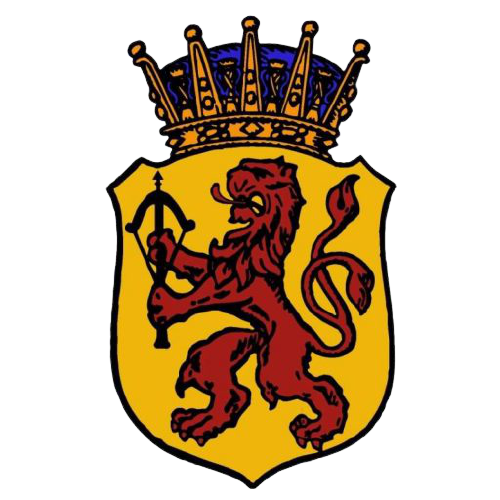Landskap
To easily explain how the organization works, you can compare the nation with Sweden. In this example, the landscape corresponds to the parliament, this is where all important decisions about the nation’s future are voted through. The landscape is led by a chairman, who is also chairman of the nation board. The landscape is the nation’s highest decision-making body. In landscapes, you first and foremost choose new office-holders, but you also get an insight into what the curators and the board have been doing lately. Budgets and other issues that are of great importance to the nation, such as membership fees, must be approved by the landscape. Landscapes are held twice each semester. Members of Småland’s nation are called to the landscape via the nation’s own newspaper, Rasken. Every member has the right to attend and every debt-free member has the right to vote. Below you will find the nation’s bylaws as well as our equality policy and action plan regarding discrimination and harassment.
Nation Board
The Nation Board shall ensure that the nation’s operation is conducted following the nation’s bylaws and by what has been decided at the landscape. The board also takes care of part of the financial management, prepares questions for the landscape and sometimes employs extra staff. Together with the curators, one could compare the nation board with a government. The Nation Board consists for the most part of students who have been active in Smålands for a longer time and have a good insight into how the nation works. The board consists of the chairman, the curators, the treasurer and seven members elected by the landscape. Some other office-holders have the right to attend and express their opinions, but no voting rights, including the Inspector, operational auditors and editors. Members of Smålands are free to make proposals to the board if there is something that they think should be addressed. In such cases, this is best done by writing to the Chairman of the Board via ordforande@smalands.nu
Curators
The Kuratel consists of the first, second, and third curator and a Kitchenmaster. The first curator is the nation’s outward face. They have many different duties, including representing the nation at various events at smålands or in other nations, giving speeches at gasques. The first curator also has the responsibility for all active and non-active members. A major task is also the work with all of Smålands nation’s scholarships. The first curator can be compared to a mixture of a king and a prime minister for the nation.
The second curator takes care of the finances and is a driving force in contract negotiations, but also works a lot with the property itself. If something breaks, well then it is the second curator who calls someone who can fix it, unless they happen to be handy and can arrange it themselves. The second curator can be compared as a cross between a finance minister and a super.
The third curator is responsible for the day-to-day operations of the nation. They ensure that Pub Hyttan runs as it should, organize the nation’s smaller parties and is also the toastmaster at all gasques at Smålands. The third curator manages the club workers and fika hosts, but also works closely with the headwaiter and the rental-masters. The third curator also ensures that the nation is kept clean and tidy. The third curator can be compared to a restaurant manager.
The kitchen-master is responsible for everything kitchen and food. They cook for all the gasques at Smålands and rentals, order all the food and are responsible for the hygiene in the kitchen. They are constantly keeping updated on the latest food trends.
Inspector
In the 17th century, the university was quite sceptical of the nations’ and students’ activities. To gain a little more control over the nations, their existence was legitimized by establishing an Inspector – a professor from the university who, among other things, would be a link between the university’s management and the nations.
The office of the inspector is still very much alive today. According to the bylaws, the Inspector has few obligations, but in practice, they are involved in most major issues dealt with at the nation. The inspector shall promote the nation’s best, but also ensure that decisions taken do not contravene laws, regulations or the nation’s own bylaws.

